Some Simple Kitchen Tips
Anchovies – Lots of people don’t like them but when dissolved and used as a spice in a recipe most people can’t tell that they’re eating anchovies. It’s all about umami.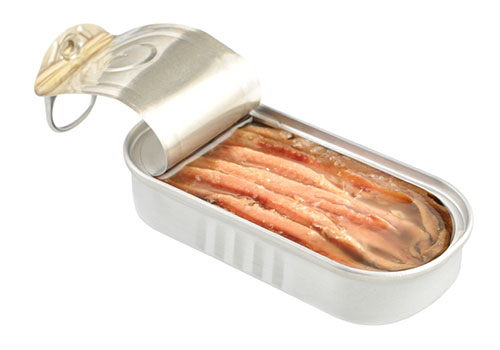
Basic Salernitano Rules (from Grandma):
- Red onions are better left raw. Don’t cook them unless you have to.
- Don’t overdo it with the aromatics, i.e. if you’re using garlic as a base, don’t add onions, especially in red sauce.
- The same is true for basilico and oregano – try to stick to one or the other. Typically, basilico with red meat and oregano with chicken & fish.
- If your bread needs butter to be edible maybe you should be buying better bread.
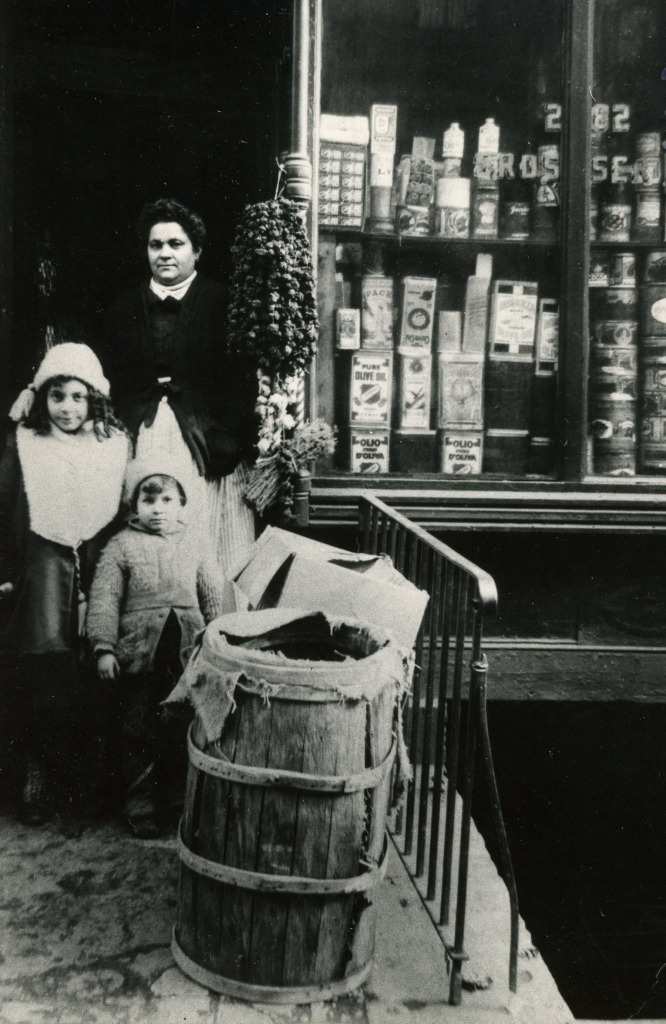
Bouquet garni – 3 sprigs each, rosemary or parsley and thyme tied around 3 bay leaves.
Breadcrumbs – If you don’t make your own (a blender and two day old bread – simple) always buy unseasoned breadcrumbs and use your own seasoning. To toast – put about a tablespoon of olive oil in a heavy frying pan on medium heat. Add a cup of the unseasoned bread crumbs and keep them moving until they darken. Don’t walk away to do something else because they’ll burn. When they reach the right color remove them from the pan immediately or they’ll keep cooking. They should smell like toast, not burnt toast. You can use this on many pastas in place of cheese and there are some sauces where you can only use toasted breadcrumbs – fish sauces like pasta con sarde or baccala.
Browning meat – just put small batches in the pan. If you crowd it, instead of browning, it steams.
Eggplant – for almost all eggplant recipes:
“Peel the eggplants but leave some of the skin on to ‘hold them together.’ Slice them into rounds and place the slices into a scolo pasta (colander). Salt the eggplants and place a heavy plate on top and set the colander in the sink for about 1/2 hour.” – Nicki Filipponi
Grated cheese – Use Parmigiana, Loccatelli, Romano or whatever you like but don’t think you can put it on everything because it can conflict with and overpower delicate flavors. If you really want cheese, eat a piece of cheese.
Oil – when a recipe calls for oil, it’s always regular olive oil unless otherwise specified. Only use extra virgin when it’s not going to be cooked because it burns and looses its fresh taste at a very low temperature.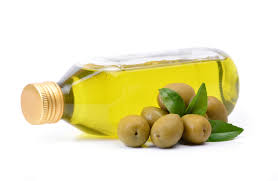
Parsley – always flat leaf/Italian. Even French cooks use it because curly/French parsley has no taste.
Pasta – First, use more water than you’d think you’d need, about four quarts for one pound. Add a lot of salt, at least 2 tablespoons (it can only absorb so much). Pick a pasta shape that compliments the sauce. Cook it until it’s done the way you like it and don’t worry about the Al Dente Police raiding your kitchen.
Click here for updated GALLERY II

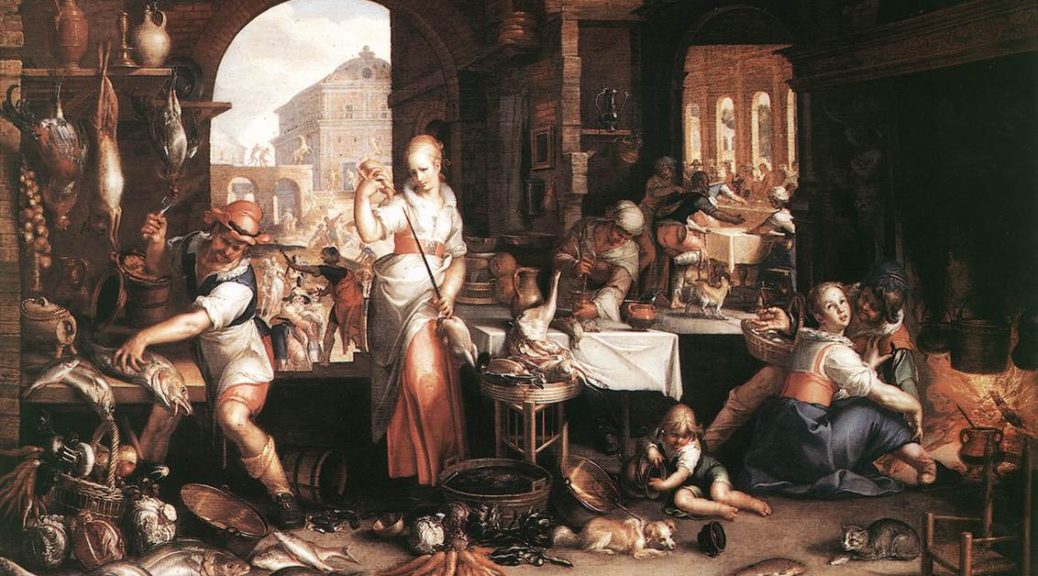
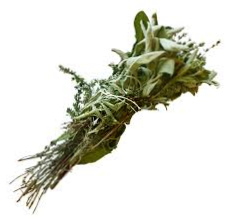
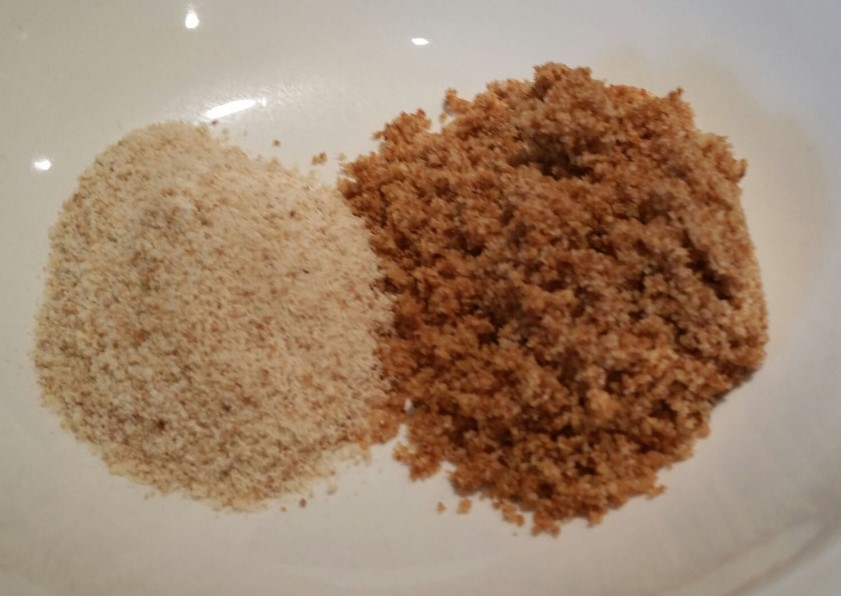
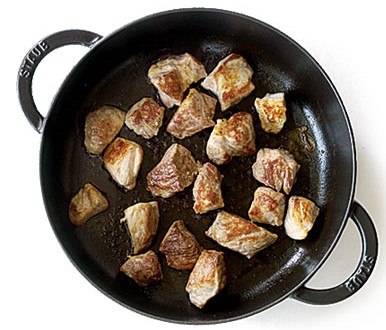
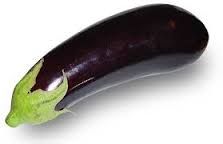
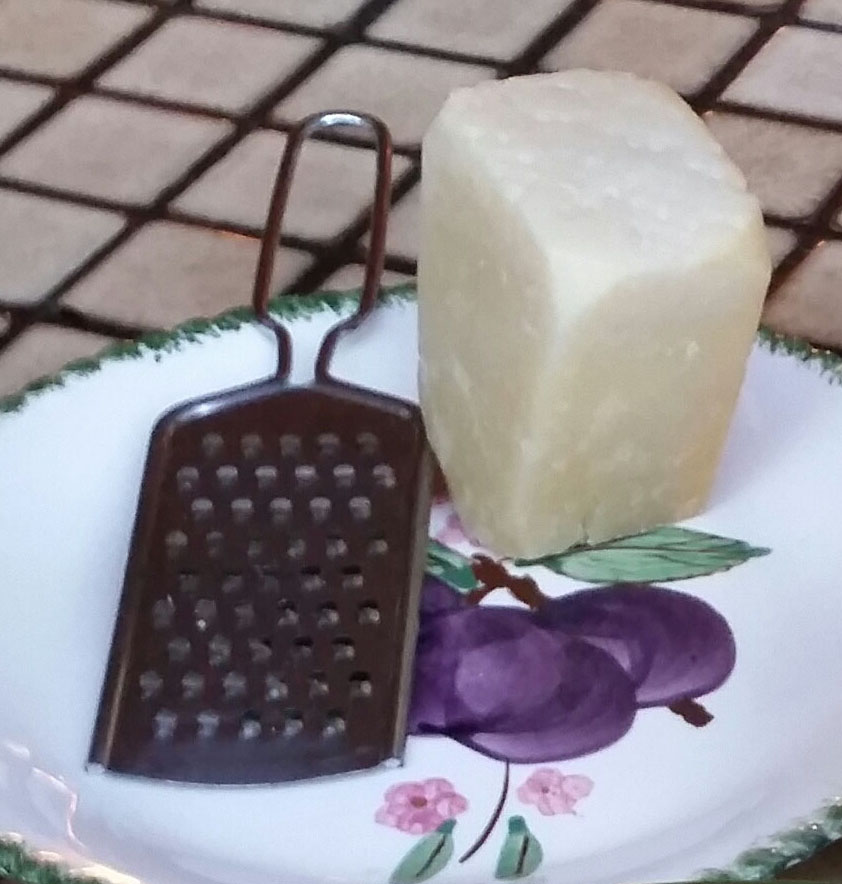
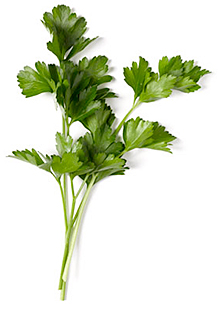
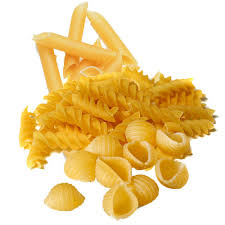
I didn’t know that about olive oil. Being the bland American cook that I am, I started using olive oil when it became healthy. And I used it for everything. Finally caught on, not so good for deep frying and popcorn. So now I know regular olive oil doesn’t burn as much. So why use extra virgin?